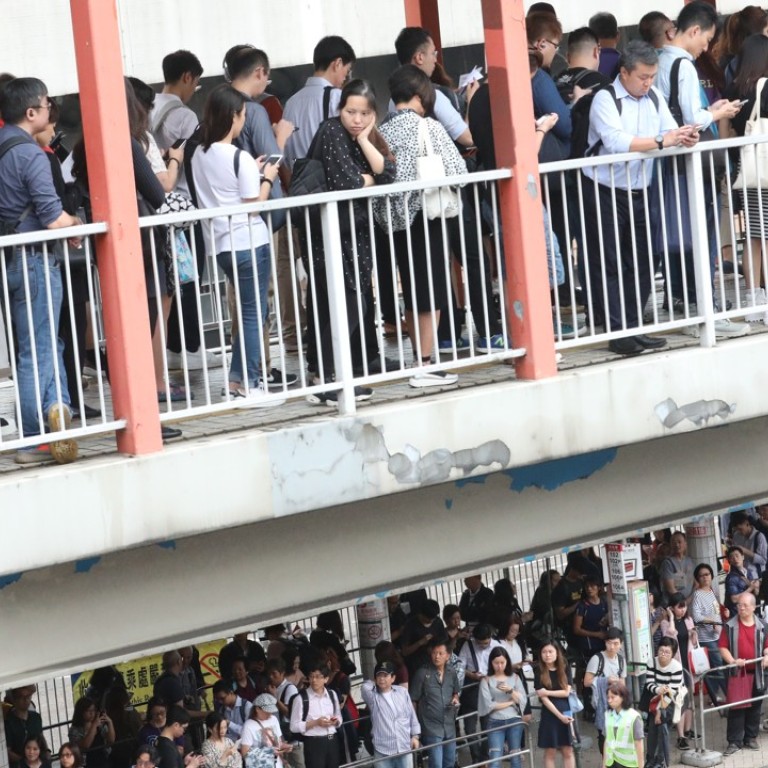
Why the MTR deserves the barrage of criticism from Hongkongers after its latest debacle
It seems to me that the MTR management just shrugs off criticism and hopes time will do the trick. Where are the improvements they promised and should be making?
Criticism fuels improvement, not necessarily by offering useful solutions, but from the fury and discontent of the millions of workers who were stuck on the stuffy platforms and might have been penalised by their companies. This is the driving force that should motivate the railway company to strive to deliver the best possible service.
I don’t feel like teaching the MTR management how to do their job correctly when I’m paying their salaries every time my Octopus card hits the card reader. They are the brains, we are the pockets. If they don’t do their job right, they deserve every bit of criticism we give.
Watch: Severe delays hit Hong Kong MTR
Hongkongers are lenient, tolerant and organised people. However, our tolerance is not infinite. When we pay for a service, we have a certain level of expectation, especially when the provider is a multibillion-dollar company. This time, we might be grumbling at the lengthy delay; next time, it could be something more serious. Although we might not understand the hurdles faced by the corporation, we paid for a service and the MTR didn’t deliver.
This should be a wake-up call for the MTR management to do what they have to do to improve their service, fast. Because our patience is wearing thin and we only want one thing – acceptable service.
Andy Lau, Tsuen Wan

